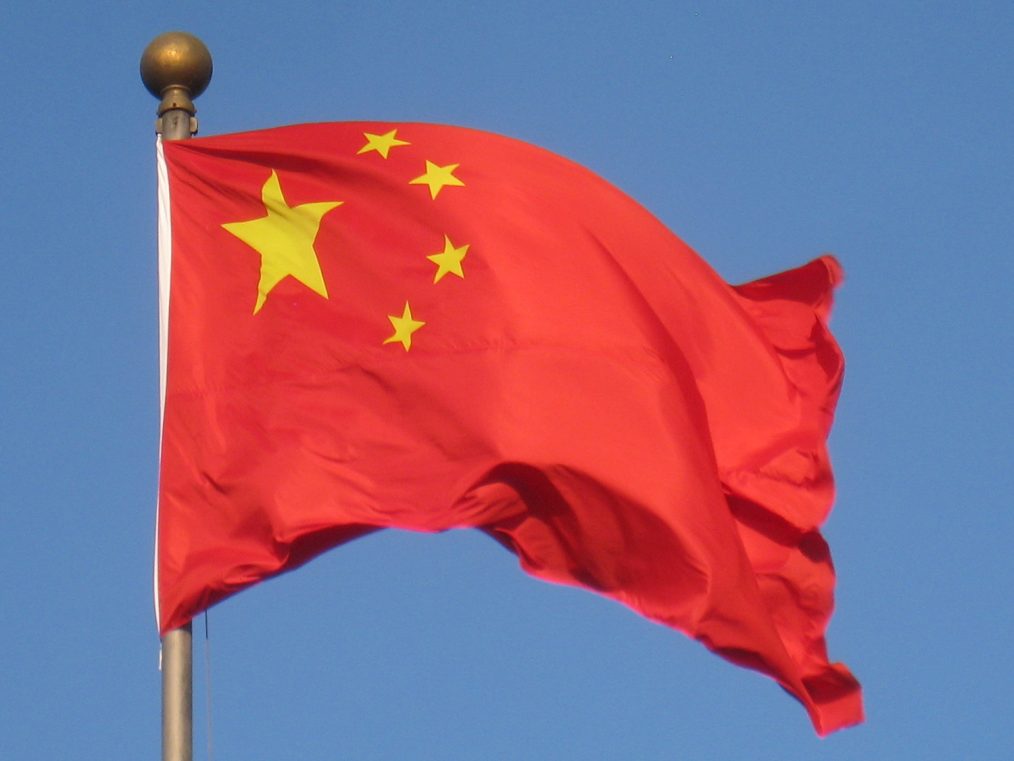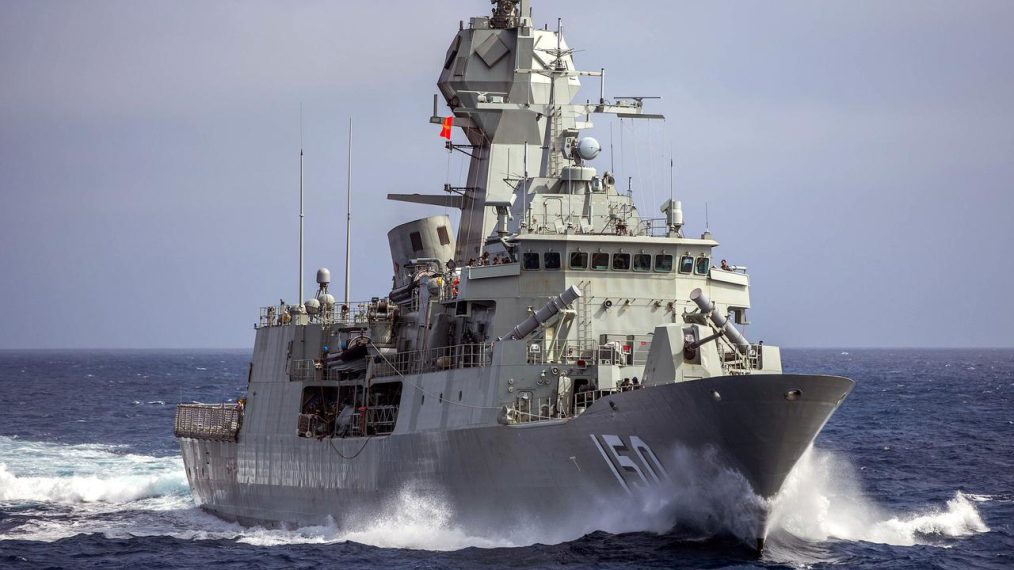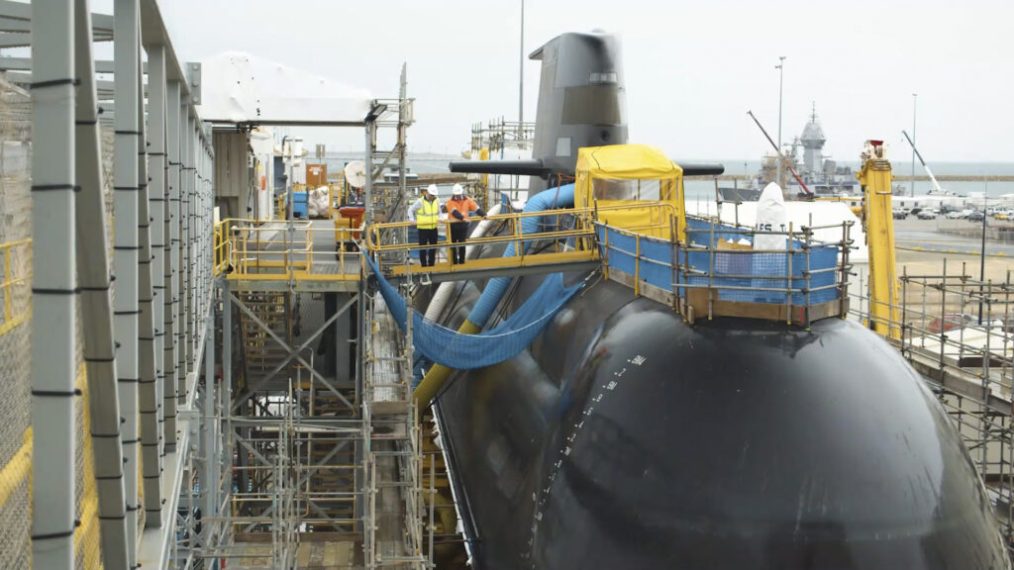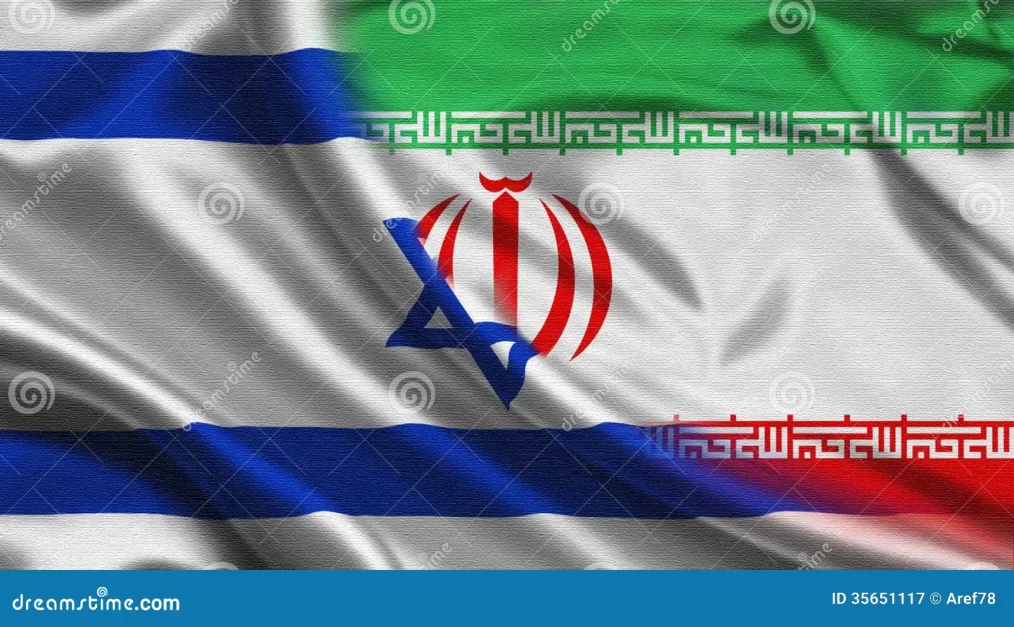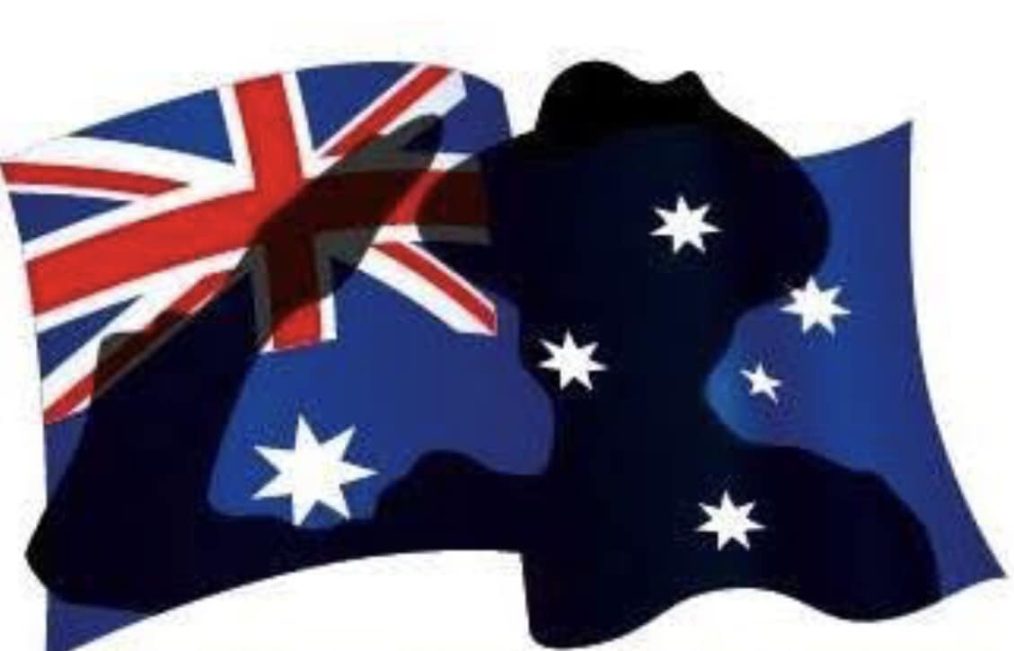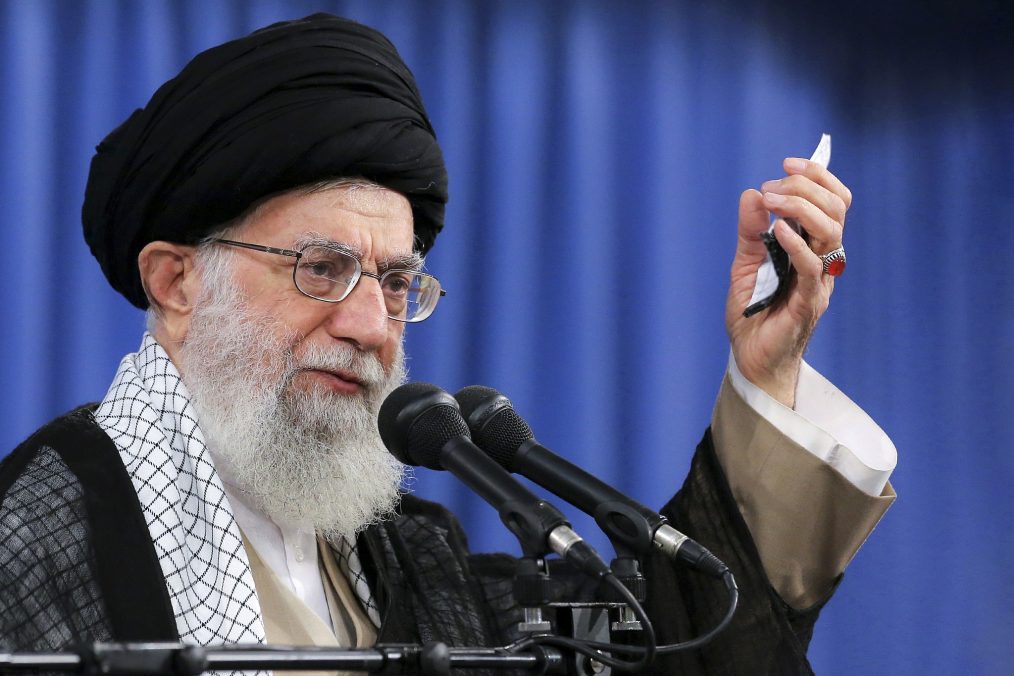Join us in this gripping narrative as tensions escalate between China and the United States. Xi Jinping’s meticulously planned assault unfolds, combining cyber warfare, missile barrages, and strategic maneuvers. Can America thwart China’s ambitions and rally its allies in time? Witness the epic clash as global powers collide!
ED: My comments about the lack of Patriotism yesterday prompted this article in my inbox this morning.
In recent decades, there’s been a noticeable decline in public patriotism and interactions with members of the Australian Defence Force (ADF), who are increasingly hidden from the public eye. Unlike earlier times, when men and women in uniform were common sights in the community, a generally accepted rule has emerged that discourages ADF personnel from wearing their uniforms in public and speaking openly about their roles. Even on occasions where uniforms are worn, extensive approval processes and cultural taboos often stand in the way.
This trend has created a cultural divide between the public and those who serve. ADF personnel, who once symbolized national pride, may hesitate to appear in uniform publicly, fearing negative reactions or even media scrutiny. A mentality has developed where serving in uniform is perceived as overly boastful, risking scrutiny for appearing “cringe-worthy” or “poseur-like.” Media coverage has occasionally fuelled this perception, casting military service in a less favourable light and deterring the celebration of Australia’s armed forces.
Ironically, this lack of visible patriotism comes at a time when the ADF is operating in increasingly complex and critical scenarios. With intensifying military activities in the Indo-Pacific region, now more than ever, Australia needs to reinforce its military force. The ADF is facing a recruitment crisis, and failure to adequately bridge the gap between the public and the military may be undermining efforts to attract new recruits.
In response to these issues, the federal government’s 2023 Defence Strategic Review (DSR) called for significant reforms, aiming to shorten recruitment times and strengthen the Reserve forces. Recognizing the urgency of the recruitment shortage, the DSR recommended speeding up the enlistment process from months to mere days and expanding initiatives like the Ready Reserve Scheme to bolster military preparedness. By 2040, Australia aims to grow its armed forces to 80,000 personnel, but with current recruitment rates falling behind, the gap in operational strength—currently over 4,300 members below authorized levels—remains a pressing concern.
The path forward lies in fostering a renewed sense of national pride that celebrates the contributions of our military personnel. A more visible military presence and open discussion of ADF service could rekindle community engagement with the armed forces. Supporting those who serve, honouring their commitment, and encouraging Australians to view military service as a worthy pursuit could restore the bond between the public and the military, ensuring the ADF’s growth and readiness in an increasingly uncertain world.
Our “Land Down Under” must rise to the occasion, embracing our history, our military, and the everyday heroes who stand ready to protect the nation.
South Korea and Japan are emerging as frontrunners in Australia’s bid to build a new fleet of light frigates, a project valued at over $11 billion. The Albanese government is expected to narrow down its selection soon, with five shipbuilders from four countries competing for the SEA 3000 project, which will replace Australia’s aging Anzac-class warships.
The bidders include South Korea’s Hanwha Ocean and Hyundai Heavy Industries (HHI), Japan’s Mitsubishi Heavy Industries (MHI), Spain’s Navantia, and Germany’s ThyssenKrupp Marine Systems (TKMS). The initial three frigates are planned to be built overseas, with the first delivered by 2029, before production shifts to Henderson shipyard in Perth. Speculation suggests South Korea and Japan hold an advantage, partly due to strategic ties within the Indo-Pacific region.
Japan and South Korea, seen as essential regional allies, offer distinct capabilities and advantages. Japan has limited experience exporting military technology but benefits from strong collaborations with UK’s BAE Systems and strategic partnerships under AUKUS. South Korea, with robust shipbuilding expertise, has gained recognition after a multi-billion-dollar contract for infantry fighting vehicles. However, the competition is marred by legal issues, with HHI facing allegations of warship technology theft from rival Hanwha Ocean.
Spain’s Navantia and Germany’s TKMS remain contenders, with modular designs adaptable to Australian specifications, like the MEKO A-200’s compatibility with radar and combat systems.
Australia’s Defence Department is keeping details under wraps, but high-level discussions are underway. Defence officials, including Rear Admiral Wendy Malcolm, are scheduled to visit the four countries to communicate Australia’s preliminary decisions, emphasizing the nation’s commitment to strengthening regional defence capabilities.
Picture: A Collins Class submarine at Henderson Marine Complex, Western Australia. Credit Australian DoD
US Navy News:
Australia’s ability to maintain an operational submarine fleet has been called into question, as five of its six Collins-class submarines undergo lengthy repairs and upgrades. Defence experts warn this situation highlights a serious “capability gap” that could hinder Australia’s regional security posture and power projection in the Pacific.
Australia’s aging Collins-class submarine fleet is facing a major crisis, with only one boat reported to be fully operational. According to a report by the Australian Broadcasting Corporation (ABC), five of the six submarines are currently non-operational due to ongoing repairs, upgrades, and unexpected corrosion issues, leaving Australia’s naval presence in the Pacific at risk.
Defence sources report that two submarines are at Adelaide’s Osborne shipyard, which is grappling with delays caused by unexpected corrosion as well as a workforce strike that has slowed maintenance work. The remaining three boats are docked at HMAS Stirling’s Garden Island base in Western Australia. The Ministry of Defence issued a statement assuring the public that “more than one boat” could be deployed if necessary and that the submarines continue to meet government-directed operational levels. However, the exact number of submarines that could be deployed in a combat scenario remains unclear.
Defence analysts have expressed serious concerns. Malcolm Davis, a senior analyst at the Australian Strategic Policy Institute (ASPI), described the news as “pretty alarming.” He noted, “If our Collins-class SSKs are non-operational in 2024, I really doubt they will be a credible force through the remainder of this decade, let alone into the next one.” This sentiment underscores the anxiety over a potential capability gap between the expected lifespan of the Collins class and the arrival of new Virginia-class nuclear-powered submarines from the United States, which are slated to begin arriving in the 2030s.
The Collins-class submarines, first commissioned in the 1990s, were initially expected to be decommissioned in the 2020s. Successive Australian governments have delayed making concrete decisions regarding their replacement, which led to the Life-of-Type Extension (LOTE) program announced in June. This initiative aims to extend the boats’ service life into the 2040s, but even this has been scaled back. Originally planned upgrades, including advanced optronics and Tomahawk missile capability, have been reduced due to budget constraints and technical hurdles.
Jennifer Parker, a former Royal Australian Navy officer and now an expert at the National Security College at the Australian National University, pointed out that the fleet’s current state is “not surprising.” “The lesson here is that successive governments have delayed decision making on recapitalization of the Navy. Now the issues can’t be immediately fixed,” Parker said, stressing the
With Canberra unlikely to obtain nuclear-powered submarines from the U.S. or U.K. until the 2030s, experts are proposing alternative solutions to bridge the gap. Malcolm Davis argued that the AUKUS plan could have included options to acquire conventionally powered submarines from allies like Japan or South Korea instead of relying solely on LOTE upgrades.
However, the Royal Australian Navy reportedly opposed this approach out of concern that investing in conventional options would divert political and financial support away from the nuclear-powered fleet planned under the AUKUS agreement.
As part of the AUKUS deal, one U.K. and up to four U.S. submarines are set to rotate through HMAS Stirling in Western Australia by 2027 as part of Submarine Rotational Force – West (SRF-West). While this could help alleviate immediate operational gaps, Davis questioned the effectiveness of relying on foreign assets. “My guess is that government will try to explain that SRF-West will carry the burden if the Collins class boats can’t deploy, but that argument is pretty unconvincing given that the SRF-W boats are U.S. Navy and occasional Royal Navy Astutes,” he said.
The current state of Australia’s Collins-class submarines reflects longstanding challenges in strategic defence planning. With only one operational boat, Canberra’s capacity to respond to regional threats or assert its presence in contested waters is weakened. The situation underscores the critical need for timely decisions in naval procurement and capability maintenance—decisions that will impact Australia’s defence capabilities for decades to come.
Iran is said to be holding off on the retaliation until after the US election on November 5. However, some other reports suggest Iran could strike before the election, as Israeli intelligence is bracing for an imminent attack.
So, which is it?
- Tehran apparently wants to avoid boosting former President Trump’s chances against Kamala Harris.
- The attack could involve a barrage of ballistic missiles and drones launched by Iran-backed groups in Iraq.
Iranian officials have promised a “harsh” and “unimaginable” response to Israel’s attacks.
- A senior Khamenei aide said the recent Israeli strikes were a “desperate move” that will be met with regret.
- The head of the Revolutionary Guards warned of an “unimaginable” retaliation against Israel.
- Iran has claimed its air defences thwarted much of the Israeli airstrikes, despite admitting some damage.
Israeli leaders are expressing strong confidence following their recent airstrikes on Iran.
- Prime Minister Netanyahu boasted that Israel now has “greater freedom of action in Iran than ever before.”
- The IDF has established new units to enable “repetitive actions” against Iran. This of course suggests that Israel is looking for a prolonged conflict with Iran.
An American medical evacuation ‘dustoff’ helicopter takes aboard a casualty during operations in the jungle. Photo from the Australian War Memorial via Wikimedia Commons.
Vietnam War Dustoff crews flew countless missions into unsecured landing zones with one mission: save the wounded.
One such pilot was Maj. Charles “Combat” Kelly, a leading figure for Army “Dustoff” units, which pioneered life-saving helicopter evacuations. As commander of the 57th Medical Detachment (Helicopter Ambulance), Kelly flew a mission on July 1, 1964, to evacuate wounded soldiers. When warned that the landing zone was too dangerous, he famously replied, “When I have your wounded.” Moments later, a bullet struck him fatally. Kelly’s courage and dedication inspired the “Dustoff” mission, as mid-battle air evacuation became known.
This week, veterans of Dustoff units gathered at the U.S. Army Medical Centre of Excellence in San Antonio, Texas, to celebrate a new honour for their community—the Congressional Gold Medal, signed into law by President Joe Biden on September 26. Brig. Gen. Clinton Murray spoke of the legacy these crews left for modern MEDEVAC operations, highlighting their daring missions. He shared examples of Dustoff crews flying backward to avoid intense fire, navigating through dense fog, and taking off despite overloaded helicopters.
The medal, proposed by Sen. John Cornyn, recognizes all Dustoff crews, especially the 57th and 54th Medical Detachments. By 1969, these units had grown to include 140 helicopters across Vietnam, with a staggering 33% chance of casualty among crew members due to the hazardous conditions.
Dustoff crews saved countless lives, often exceeding helicopter weight limits to bring all wounded personnel to safety. Their primary air ambulance, the UH-1 Huey, became iconic as they evacuated civilians, enemy fighters, Australian and South Vietnamese allies alongside American troops. Dustoff medics developed many techniques still used today in both military and civilian medicine.
 Photo: Retired Maj. Gen. Patrick Brady, a Medal of Honor recipient and former Vietnam Dustoff pilot, was a guest speaker at a ceremony recognizing the passing of the Dustoff Crews of the Vietnam War Congressional Gold Medal Act. Army photo by Jose Rodriguez.
Photo: Retired Maj. Gen. Patrick Brady, a Medal of Honor recipient and former Vietnam Dustoff pilot, was a guest speaker at a ceremony recognizing the passing of the Dustoff Crews of the Vietnam War Congressional Gold Medal Act. Army photo by Jose Rodriguez.
One attendee, retired Maj. Gen. Patrick Henry Brady, flew three daring missions in a single day on January 6, 1968, under enemy fire and across active minefields, rescuing 51 soldiers in a series of helicopters. His courage earned him the Medal of Honor from President Nixon.
Today, Dustoff crews’ achievements continue to guide military medical protocols, including the “golden hour” standard for rapid evacuation, ensuring that wounded personnel receive care within 60 minutes. Their advances—such as field-administered blood products, mechanical ventilation, and advanced battlefield care—remain vital.
As Brig. Gen. Murray noted, “All of those lessons are on the back of all that you did in the Vietnam War, and all those advances are not near as impressive as the people.” The Congressional Gold Medal will honour these pioneers, acknowledging the skill, bravery, and dedication that revolutionized combat medicine.
Ray Payne OAM – Frontline
In recent years, it feels as though we’ve started to drift from the true spirit that defines Australia. Our unique character—grounded in resilience, mateship, and an undeniable love for our land—should be at the heart of our daily lives. Yet, somewhere along the way, we seem to have lost touch with some of those core Aussie values. It’s time we put effort into bringing back that sense of national pride, instilling patriotism, and reinvigorating the characteristics that make us proudly Australian.
Australia Day in January is a prime example. This is a day meant to celebrate our history, heritage, and the achievements that have built our nation, yet every year, it becomes a battleground for division. Instead of focusing on what unites us, voices often rise to tear it apart. But this day should be about togetherness, remembrance, and celebration of all we stand for as Australians. It’s a day when we should all be flying our flag high, a flag that represents the unity of our people and the strength of our history.
Our schools should play a leading role in fostering this unity and pride. A daily raising of the flag and singing of the national anthem would go a long way in instilling a shared identity in our younger generations. Our kids should grow up with a strong sense of pride in being Australian, understanding our values, and learning to cherish our heritage.
While recognizing different cultures and histories is valuable, our primary focus should be on unifying elements rather than what separates us. Traditions like “Welcome to Country” are meaningful, but they should not replace our national expressions of unity. We need to remember that we are one nation, and that unity is reflected in our symbols, our flag, and our shared identity.
Australia’s strength lies in our diversity, but we should strive to bring that diversity under one flag and one set of values. When we put being Australian first, we foster a country where everyone, regardless of background, feels connected and proud. To truly be “dinky-di” Aussies, we need to renew our focus on what unites us, instilling pride in our national identity and embracing our heritage with open arms.
Let’s make Australia truly Aussie again by celebrating and passing down our unique character and pride in being Australian.
ED: If you agree with me, please share and maybe we can get some support
The Post – Walt Pittman
Reports indicate that Iran’s Supreme Leader, Ayatollah Ali Khamenei, has directed the country’s military forces to prepare for a retaliatory strike against Israel. This move comes in response to a recent Israeli airstrike that reportedly inflicted significant damage, despite Iran’s initial attempts to downplay its impact.
Khamenei has reportedly instructed the Supreme National Security Council to draft plans targeting key Israeli military sites, marking a shift in Iran’s official stance on the airstrikes. This decision, sources say, followed a comprehensive briefing where Khamenei was informed of both the scope of destruction and the casualties among Iranian personnel.
Key Points:
- Preparation for Retaliation: Iran’s Supreme National Security Council has been tasked with identifying strategic Israeli targets.
- Casualties and Damage: The briefing reportedly included details on the loss of Iranian personnel, prompting Khamenei to consider a measured response.
- Change in Narrative: Although initial Iranian statements dismissed the airstrike’s significance, the recent shift indicates a more serious impact than originally acknowledged.
Interestingly, pro-Iranian social media channels initially mocked the Israeli attack, claiming that Iran’s air defences effectively neutralized the threat. However, Khamenei’s response suggests that the strike was far more consequential than those accounts implied. This change has fuelled speculation about the true extent of the damage and the broader implications for the region’s stability.
The Australian Army’s new Black Hawk helicopters made their debut at Holsworthy Army Barracks in a counter-terrorism drill simulating an embassy rescue. With 1,400 flight hours logged, these helicopters will replace the troubled Taipan fleet and will soon conduct training exercises over Sydney, including night-time operations throughout November.
What happens when you mix the US Marine Corps with Australia’s unique military landscape? Could 16,000 Marines really become a permanent fixture in Darwin, Australia? In this video, I look into the latest proposal from the Australian Institute of Public Affairs and explain how this move could deter China’s ambitions in the Indo-Pacific. From the AUKUS alliance to military drills like Exercise Pitch Black, I explore what’s driving the deepening military ties between Australia and the US. With China’s rapid military buildup and increasing geopolitical pressure on Taiwan, this expanded Marine presence might be the answer Australia is looking for.

